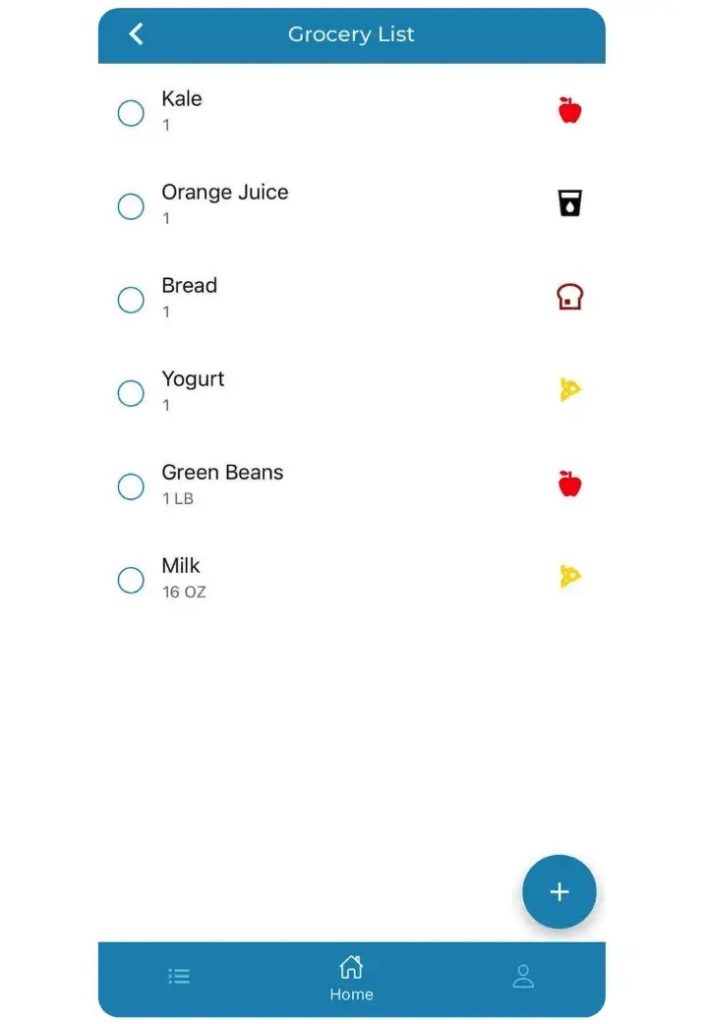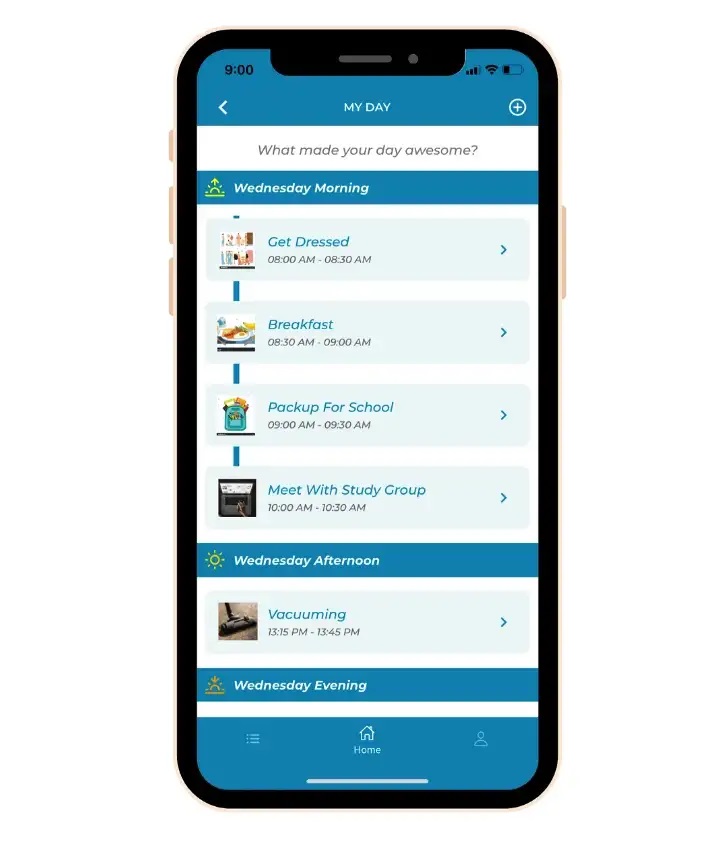Healthy eating for autistic adults is essential, but it isn’t always easy. As a parent of a teenage daughter with autism, I understand how challenging nutrition can be, and it’s something I continually work towards. Below, I’ll share some ideas for how to help your adult child have a more nutritious diet and wholesome eating habits.

From learning more about how autism can affect eating patterns to fun activities around food, there are ways to encourage healthy eating practices.
Why is healthy eating for autistic adults important?
It’s no secret that a nutritious diet is critical for overall health and wellness. However, many autistic adults have food sensitivities and adversities that can affect their eating habits.
In fact, studies among those with autism spectrum disorders show that they have more challenges with eating than their peers. Research also shows that many people with autism prefer carbohydrates and processed foods, which can naturally lead to nutritional deficiencies.
Because nutritional eating practices can be difficult for those with autism and food affects our minds and bodies in countless ways, a healthy diet is essential for autistic adults.
Tips for Helping Your Adult Child With Autism Eat Healthy
Although healthy eating for autistic adults can be tricky, there are strategies we can use that can make things easier and possibly more enjoyable.

Understand how autism can impact eating.
First and foremost, it’s beneficial for both the parent and child when you can understand how autism actually impacts food choices and eating patterns.
Many studies show autistic people avoid certain foods due to sensitivities around smells, tastes, and textures. Cognitive factors such as preferring familiarity and routine can also affect eating habits.
One of the best ways to know what your adult child with autism likes and doesn’t like is to observe and ask questions. Be open to understanding their preferences.
It’s also important to understand and help with following the KISS (keep it simple stupid) method, which means keeping meals and recipes simple. Avoid mixing a lot of ingredients and using spices. Many autistic people also steer clear of food that’s mixed or touching.
Because people with autism prefer routine, comfort foods are essential. But, of course, you may want to also introduce healthy foods in addition to their comfort foods if they’re less nutritious. But, don’t get discouraged. Some reports suggest that a neurotypical child may need to try something new up to 20 times before they accept it. It may take even more for autistic adults.
Offer support with planning meals.
This study, which interviewed 12 autistic adults about their eating habits, discovered that planning and memory could contribute to difficulties with eating. This can affect grocery shopping, preparing food, and ordering from a menu. Offering support with this can help foster success.
Ways to help with planning meals include assisting with:
- Grocery lists
- Meal planning
- Food preparation
- Looking at restaurant menus before going
Does your autistic child live on their own? You can offer support remotely using a platform like NFlyte, a mobile app and web-based portal that helps make independence possible for adults with autism or other developmental disabilities.

Help with creating a mealtime schedule.
Similar to the last tip, scheduling mealtimes can encourage healthy eating for autistic adults. In fact, NFlyte also has a daily schedule feature.
Schedules and routines make everyday tasks easier for those with autism. Having consistent meal times throughout the day also helps our bodies feel more nourished and prevents overeating.
Have open conversations about healthy eating and eating habits.
Instead of creating a grocery list and meal plan for your child, have open conversations about healthy eating and eating habits. It’s essential to include them in their nutrition journey.
Unique ways to discuss healthy foods and eating include:
- Look at recipes together. Talk about what looks appetizing and what doesn’t.
- Watch cooking shows together (virtually or in person).
- Try new foods around your child to introduce them to more nutritious foods.
Cook together to encourage independent cooking.
It’s important to encourage your adult child to cook independently. If your child seems hesitant to cook or may need help with learning how to prepare meals independently, start by cooking together.
Maybe pick a few recipes to make together a couple of times each so that your child can eventually become comfortable preparing them on their own. Don’t forget to go with food items you know they like.

FAQ
Encouraging healthy eating for autistic adults can come with a lot of questions. The more we know, the easier it is to offer support. Here are answers to some common questions about diets for those with autism.
What vitamin is good for autism?
Vitamins can offer a nutritious boost and are especially good for anyone who doesn’t get all the nutrients needed for healthy growth and development. There’s a lot of information out there regarding vitamins for autistic people. It’s best to discuss with your child’s doctor which vitamins, if any, may be necessary for your child.
What is the best food for autism?
Like it is for anyone, a balanced diet is important for autistic adults and children. Meals should be based around fruits, vegetables, whole grains, nuts, and meat. Seafood, poultry, and other lean meats should be the primary meat sources, with red meats and sugars being limited.
What foods should be avoided with autism?
Often, autistic people struggle with gastrointestinal issues and may need to avoid some foods, especially those with gluten. A keto-like diet, which consists of little carbohydrates, moderate protein, and moderate to high fat, can be good for higher nutrient intake.
Again, it’s always best to discuss specifics like this with your child’s healthcare provider, as the most suitable diet varies from person to person.
How can I encourage healthy eating for my autistic adult child?
I’ve found these tips to be the most helpful for encouraging healthy eating. Again, these include:
- Understand how autism can impact eating.
- Offer support with planning meals.
- Help with creating a mealtime schedule.
- Have open conversations about healthy eating and eating habits.
- Cook together to encourage independent cooking.
NFlyte, a platform which helps you manage daily activities and stay connected with your autistic adult child, can help you with these tips for encouraging healthy eating for autistic adults.



